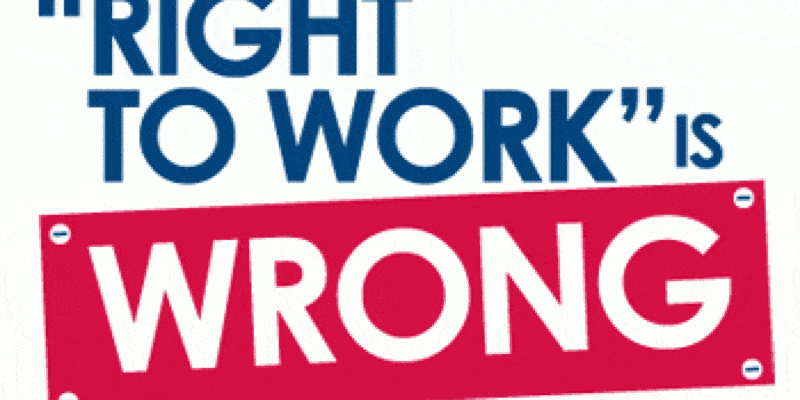Andy Meisner is Oakland County treasurer
POSTED: 01/12/18, 3:12 PM EST
Big things are happening here in Oakland County. In November, Oakland County voters approved millions of dollars in public projects to improve our schools, sidewalks and communities – all smart investments in our future.
These projects show that our economy continues to grow. We’ve come a long way since the stagnant, cash-strapped Recession years, and we can make even more progress working together.
Unfortunately, some special interests in Lansing want to gamble with Michigan’s prevailing wage law in hopes of increasing their profits. That would create roadblocks to growth in Oakland County, and it’s the wrong move.
Repealing the prevailing wage is being hawked by special interests as a way to save taxpayers’ money. If that sounds too good to be true, it’s because it is. Repealing prevailing wage will send qualified workers out of state, leaving projects to lower-skilled workers. It will lead to expensive mistakes and cost-overruns that will be passed onto taxpayers when projects are built with cheap labor by out-of-state contractors, compromising safety and quality.
…
Prevailing wage is a smart investment that levels the playing field so local Michigan contractors have the opportunity to compete for public projects, without being undercut by the fly-by-night operations that employ cheap, low-skilled labor. By requiring all contractors who bid on a project to pay their workers a fair wage, quality contractors are challenged to work smarter and employ innovative ideas, not just cut costs by slashing wages.










